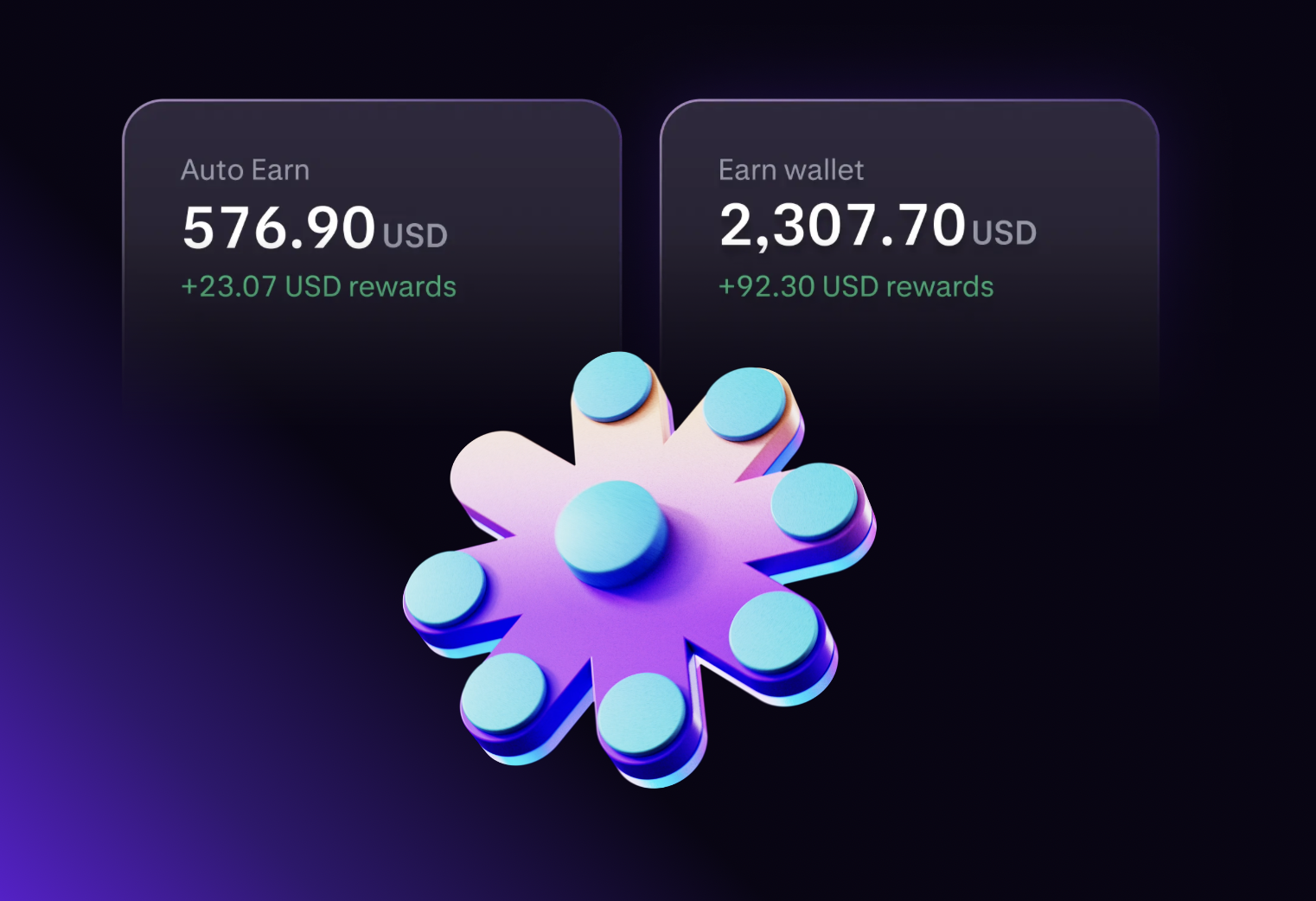
Staking cryptocurrencies opens a path to passive income, letting holders earn rewards by locking assets to support networks. As we roll through 2025, with markets buzzing from halvings and upgrades, this method draws crowds seeking steady gains without constant trades. Staking in crypto: how to earn passive income boils down to picking coins, choosing platforms, and managing risks for daily accruals. This beginner’s guide walks through basics, steps, and picks, based on fresh trends where yields hit 4-15% on majors like Ethereum. Whether new to the scene or adding to stacks, grasping this unlocks earnings while bolstering blockchains.
Unpacking Staking Mechanics
What is staking crypto? It’s committing coins to validate transactions on proof-of-stake chains, earning new tokens as pay. Unlike mining’s energy guzzle, staking uses locked holdings to secure nets, making it greener and accessible. How does staking crypto work? Pick a coin like ETH, lock in a wallet or pool, and rewards trickle based on stake size and net rules.
In 2025, chains like Solana or Cardano offer high APYs—5-10%—for validators. Solo staking needs 32 ETH for Ethereum, but pools let join with less, sharing cuts. Rewards come as extra coins, compounded for growth. This passive setup suits holders, turning idle assets into streams without selling.
Perks of Jumping In
What is the benefit of staking crypto? Top one: Passive income crypto staking dishes yields without active trades—ETH averages 4-7%, beating bank rates. It bolsters nets, earning while supporting decentralization. Liquidity stays—unstake anytime, though locks apply on some.
Staking crypto to earn passive income daily appeals to beginners for low effort; set and forget, watch balances grow. In shaky economies, it hedges inflation better than fiat pots. 2025 sees boosts from upgrades—Ethereum’s Prague eyes faster unstakes, upping appeal. Plus, compound rewards amp over time, turning small stakes big.
Dangers to Watch
What are the risks of staking crypto? Locks tie funds—Ethereum’s 32 ETH min locks weeks to unstake, risking drops meanwhile. Slashing hits for downtime or bad acts, cutting 1-100% of stakes on chains like Polkadot. Vol hurts too—rewards in native coins dip with prices.

Pools add counterparty risks—if hacked, losses spread. Taxes count as income on receipt, complicating filings. In 2025, quantum threats loom, but resistant chains emerge. Mitigate by picking vetted validators and diversifying stakes.
Steps to Kick Off
How to build a passive income stream with crypto staking: a beginner’s guide starts simple. Here’s a marked rundown.
- Pick a coin: ETH for stability, SOL for high yields (6-8%).
- Choose method: Solo for control (needs hardware), pools like Lido for ease.
- Set wallet: Hardware like Ledger for security, or app-based for quick.
- Lock stake: Follow chain guides—Ethereum via Beacon, Cardano on Daedalus.
- Monitor rewards: Apps like Zapper track accruals daily.
- Unstake wisely: Plan exits to avoid penalties.
- Reinvest: Compound by restaking for growth.
These get you earning quick—start with $100 on pools for tests.
Leading Coins for Staking
Crypto staking passive income 2025 favors high-yield picks. This table averages APYs and min stakes from mid-year data.
| Coin | Avg APY | Min Stake | Lock Period | Risk Level | Notes |
| Ethereum | 4-7% | 32 ETH | Variable | Low | Post-Dencun ease |
| Solana | 6-8% | Any | 2-4 days | Medium | Fast net |
| Cardano | 3-5% | Any | None | Low | Research focus |
| Polkadot | 12-15% | 1 DOT | 28 days | Medium | Parachains |
| Cosmos | 8-10% | Any | 21 days | Medium | IBC links |
| Avalanche | 7-9% | 2,000 AVAX | 14 days | Low | Subnets |
| Tezos | 5-6% | Any | None | Low | Liquid staking |
| BNB | 3-5% | Any | Variable | Low | Binance ecosystem |
| Tron | 4-6% | Any | 3 days | Medium | High throughput |
| Near | 8-10% | Any | 4 epochs | Medium | Sharding |
ETH leads for balance, per yields.
Tools and Spots to Use
Platforms make staking snap. Exchanges like Binance offer one-click with 4-10% on ETH, but custody risks loom. Pools like Rocket Pool decentralize, letting stake with 0.01 ETH for yields. Wallets such as Ledger support direct, keeping control.

Staking by Kraken. Source: Kraken
For swaps to staking coins, Revbit provides crypto-to-crypto without KYC, quick and private for easy entries. Apps like Zapper track across chains, showing real-time earnings. In 2025, DeFi hubs like Aave add lending on staked assets for double dips.
Extra Tips for Better Yields
Boost earnings with tweaks. Diversify stakes across chains to spread risks—mix ETH stability with SOL highs. Liquid staking like Lido’s stETH lets trade while earning, unlocking liquidity. Restake rewards for compounding—turn 5% into 5.5% effective.
Watch validators—pick high-uptime ones to avoid slashes. In volatile times, stables like DAI stake for 4-6% sans price risks. Use trackers for APY compares. Crypto staking passive income thrives on patience—start small, scale as nets prove.
Wrapping Up Staking for Income
Passive income crypto staking stands as a gateway to earnings without the grind of daily trades, fitting beginners and pros alike in 2025’s buzzing markets. From grasping what does staking crypto mean to picking coins and dodging risks, this path demands diligence but rewards with steady accruals. Benefits like yields beating banks and net support outweigh dangers when managed right—diversify, verify, and compound for max gains. As chains evolve with faster unstakes and higher rewards, staking’s appeal grows, turning holds into streams. Jump in informed, start modest, and watch your stack build—crypto’s future favors those who stake smart, blending patience with picks for lasting passive flows.